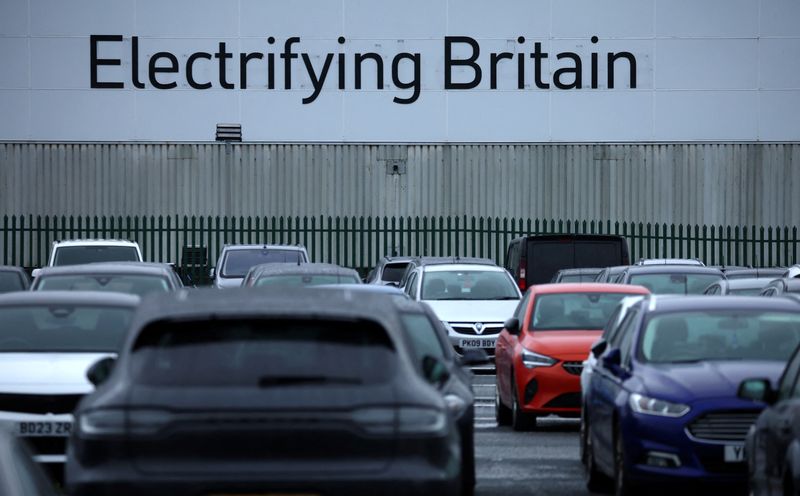LONDON (Reuters) - British manufacturing fell back into contraction in April and cost pressures escalated, although the pace of decline was a little less marked than first feared, a survey showed on Wednesday.
The S&P Global UK Manufacturing Purchasing Managers' Index (PMI) fell in April to 49.1. While higher than a preliminary "flash" estimate of 48.7, it fell from 50.3 in March, its first month above the 50 threshold for growth since July 2022.
Output, new orders and employment all fell, while input cost pressures increased at the fastest rate since February 2023 - something the Bank of England is likely to note ahead of its interest rate meeting next week.
Survey compiler S&P Global said this reflected a wide range of rising energy and material costs, as well as increased wage bills at suppliers. Other business surveys have pointed to increased cost pressures in April, possibly reflecting a rise in Britain's minimum wage.
Selling prices rose at the fastest rate since May 2023.
The performance of manufacturing, which accounts for just under 10% of British economic output, contrasts with the much larger services sector, where growth accelerated last month.
"(Manufacturing) is still besieged by weak market confidence, client destocking and disruptions caused by the ongoing Red Sea crisis, all of which are contributing to reduced inflows of new work from domestic and overseas customers," said Rob Dobson, director at S&P Global Market Intelligence.

"The news on the prices front is also worrisome for those looking for a sustainable path back to target (consumer price) inflation, with cost pressures growing in industry and feeding through to higher selling prices at the factory gate," Dobson added.
The PMI's gauge of optimism struck a four-month low.